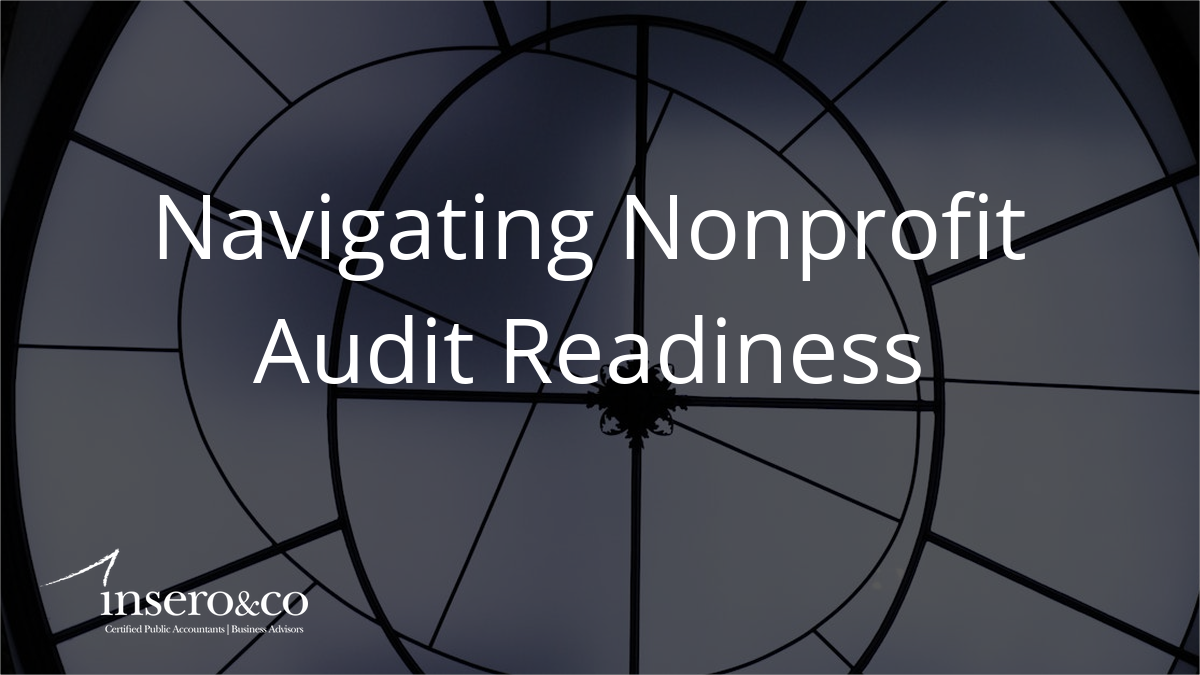Losing a spouse can be hard enough, but losing a spouse and not knowing how to manage the family’s finances can lead to despair. As you gather your tax records this year, take a few extra steps to help your spouse avoid added stress after you’re gone.
In many households one spouse takes care of the finances, such as paying bills, filing important papers, and tracking investments. It’s essential that the other spouse at least knows the location of these papers and how to access the assets. To provide structure to your records, start with a balance sheet listing of all bank accounts, insurance policies, and investment holdings, including applicable online passwords. Also list your physical assets and the location of ownership titles.
Having a complete record of assets is important, but so is knowing how to manage those assets. Make a list of things you consider important that your spouse might not know about. This might include such things as how to manage retirement distributions and estate issues. You might also list the names of people who should be notified of your passing. Simple things, like routine chores to perform at the vacation home or recreational vehicle, might provide comforting guidance.
Educating your spouse on financial matters can also be a satisfying social opportunity. Join with other like-minded couples to establish an investment club where everyone participates in the decision making. Such venues often lead to important conversations about managing money – discussions not always easy when it’s just you and your spouse.
Candid conversations about family finances are sometimes better facilitated in front of a trusted financial advisor. Including your advisor will not only provide another set of eyes, but can help provide structure and documentation that the other spouse can rely upon in an emergency. Our office stands ready to assist you with this important financial matter.




